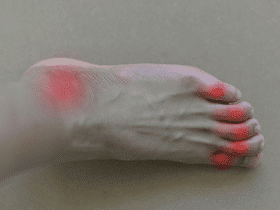How to Treat the Flu (and What Not to Do)
Down with the flu? Getting sick is something that most of us try to avoid at all costs, by getting a flu shot every year, washing our hands, and avoiding friends and acquaintances who are sick. Unfortunately, it’s not always possible to avoid catching the flu. When the virus finds a way into your body,










